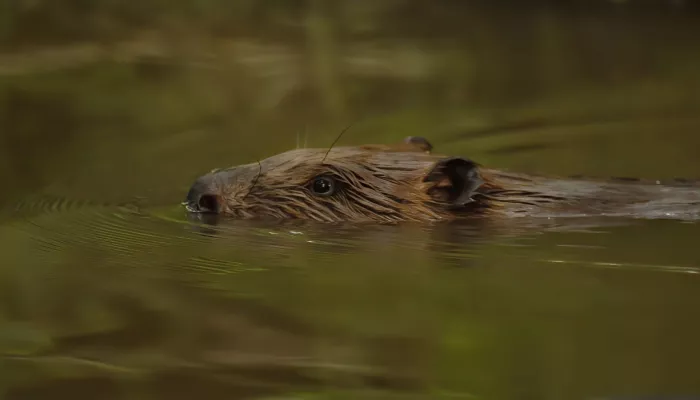Editor's notes
England: Legislation to protect beavers in England passed on 1st October 2022. Historic day for beavers in England | The Wildlife Trusts. Beavers are also listed as a European Protected Species.
Scotland: New beaver strategy for Scotland | Scottish Wildlife Trust (2022)
Welsh beaver project: All about beavers | North Wales Wildlife Trust
Three years since Defra’s beaver consultation opened on 25th August 2021: Consultation on approach to beaver reintroduction and management in England - Defra - Citizen Space – see Summary of responses and next steps - GOV.UK (www.gov.uk) 2.9.22. When Environment Secretary, George Eustice delivered a speech at a Wildlife Trust site in 2021, he indicated the Government would allow wild releases – but this has yet to happen. See Environment Secretary speech at Delamere Forest on restoring nature and building back greener - GOV.UK (www.gov.uk)
The Wildlife Trusts and partner organisations have built up an impressive body of independent evidence relating to beavers and their impacts. Our collaborations with the University of Exeter have generated 24 peer reviewed scientific papers. As well as research in the UK, there are further studies in continental Europe and decades of research in North America. See River Otter Beaver Trial | University of Exeter and Beavers in enclosures | Devon Wildlife Trust.
Surveys conducted local to the river Otter in Devon, and nationally, by University of Exeter researchers in 2017 found that 86% of 2,741 people supported beaver reintroduction. In 2019, repeat surveys found that 90% were supportive (386 people surveyed). ROBT 2020 Update.pdf
In 2009, wild beavers were returned to Scotland in a groundbreaking project led by Scottish Wildlife Trust. The beaver is now recognised as a legally-protected native species in Scotland, and Scottish Government published a long-term strategy to help beavers become established throughout Scotland’s lochs, burns and rivers, so that people and wildlife will benefit from their presence.
The Wildlife Trusts have been at the forefront of beaver release successes for decades. We have:
- Led the first beaver enclosure and were lead partners in the only two wild releases (Knapdale and Devon)
- Built strong partnerships including with eNGOs, scientists, UK and devolved governments and their agencies, landowners, rural businesses, and fisheries organisations
- A strong presence on the ground, which gives us excellent knowledge of local conditions and links into communities.
The Wildlife Trusts are ready to play a leading role in ensuring an ambitious strategy for beaver reintroduction can be successfully delivered in partnership with all those who have a stake in the future health of our wetlands. See Beavers | The Wildlife Trusts.

